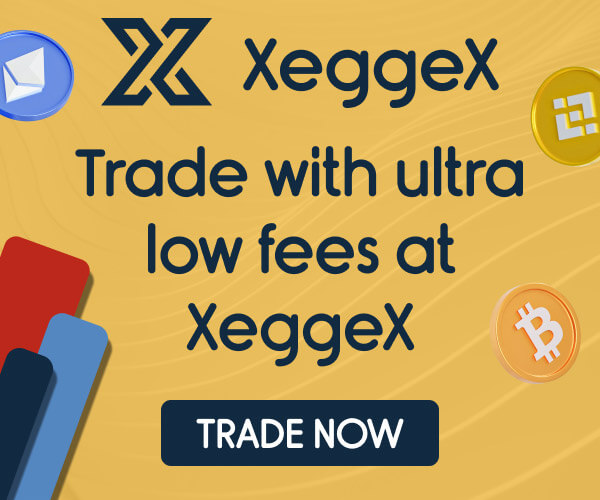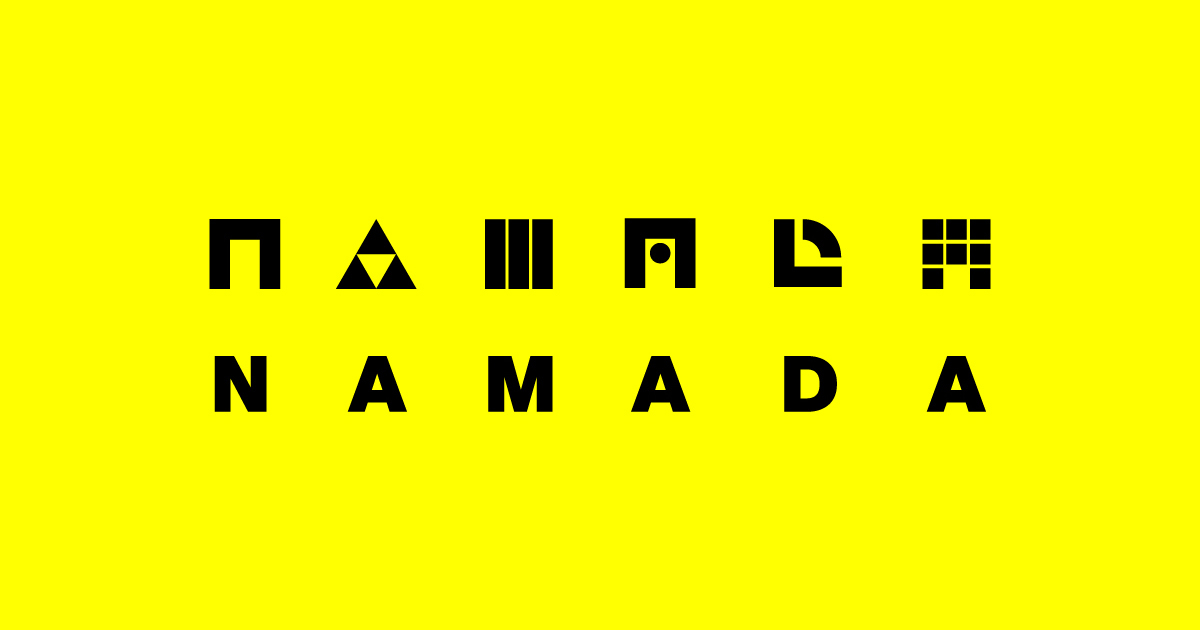Lebanese turn to crypto, decentralization as banks close indefinitely


The Association of Banks in Lebanon (ABL) announced the indefinite closure of all banks in the country on September 22, as depositors become aggressive in withdrawing their money.
Meanwhile, young Lebanese are turning to crypto to escape the financial crisis, which has led to higher adoption since 2021.
Due to the economic crisis, the government restricted access to the deposited funds and closed all banks for a week on 16 September.
The news was also shared on Twitter by Binance’s CEO, Changpeng Zhao. Zhao’s tweet garnered hundreds of responses cheering for the ownership and decentralization of crypto, preventing it from closing completely like the banks in Lebanon.
Banks in Lebanon closed until further notice.https://t.co/ssa8jVjtvV
— CZ 🔶 Binance (@cz_binance) 21 September 2022
Financial crisis
The country has been going through a financial crisis since August 2019, which worsened with the pandemic and the Beirut explosion in 2020. The International Monetary Fund estimated Lebanon’s losses at around $83 million in 2020 and proposed a recovery plan for the nation.
In accordance Reuters, the Lebanese pound fell to $15,000 on the parallel market by September 2021 from around $1,500, which was the peg at the beginning. This caused depositors to withdraw money despite significant losses, prompting banks to freeze withdrawals.
Crypto in Lebanon
Like the citizens of most countries facing similar economic challenges, the Lebanese too turned to crypto for salvation. A 31-year-old crypto user who lost thousands on the falling Lebanese pound told Reuters:
“It’s funny when people say that crypto is not real because what we found out in Lebanon is that this digital currency is 100 times more real than the lollars we have in the bank,”
Currently, Lebanese crypto exchange takes place via peer-to-peer (P2P) trades. Crypto enthusiasts in the region use websites, Telegram and Whatsapp channels that match buyers and sellers to trade crypto.
The total trade amount varies between hundreds and thousands of dollars, and the middlemen take a cut of between 1% and 3% as a commission to complete the exchange.
The nation’s young generation is leading the crypto revolution in the country. After experiencing so much trouble with the failure of the centralized financial system, leading to losses and confiscation, Lebanese citizens began to value decentralization and ownership more than anything else.
A 34-year-old crypto enthusiast admitted that he was excited about the growth of crypto in Lebanon. He said:
“Personally, I’m all for the revolution … I can be a depository for my money and have it in my pocket on my phone,”























